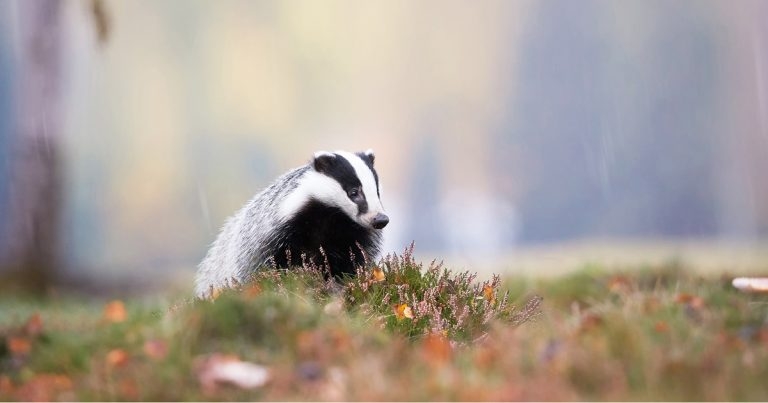26 Jul 2024
New Labour government vows to uphold manifesto pledge to end badger cull, but current licences to be honoured.

Image © Martin / Adobe Stock
The controversial badger culling programme intended to help curb the spread of bTB in England will come to an end – but not for the time being.
Defra officials have insisted plans will be developed to achieve disease-free status without further culling activity, even though current licences are still set to be honoured. The commitment followed the release of a new study which claimed there was an “inadequate scientific basis” for the cull which is estimated to have killed more than 230,000 badgers since 2013.
The paper, published in the Scientific Reports journal, re-examined the 2006 analysis of a major trial of badger culling in which around 11,000 badgers were euthanised. The original study claimed culling reduced bTB levels in the areas where culling activity took place, but raised it in adjacent localities.
However, the authors of the latest paper argued that key adjustments to provide equivalent breakdown rates in areas with large variations in herd totals were not made correctly, meaning the original analysis was flawed.
They said their own analysis “suggests that the relationship between badgers, badger culling and bTB herd incidence is likely to be lower than has been reported, and the relationship may be minimal or extremely infrequent”.
The paper also cautioned that any method of controlling bTB in badgers, including both culling and vaccination, was “most probably equally likely to have a negligible effect” on disease levels in cattle.
The timing of the paper is significant in that it was published just days after Labour’s landslide election victory on 4 July.
The party, which already adopts a non-cull bTB policy in Wales, had pledged to end the English badger cull in its manifesto.
But concerns were raised by some anti-cull figures over comments made by some of its representatives during the campaign, amid enduring threats of legal action on the issue.
Wildlife groups led by the Badger Trust are also planning a National Day of Action in London on 3 September.
Asked to respond to the new paper, a Defra statement issued last week said: “We recognise the devastating impact bovine TB has on the farming community, which is why we are committed to working with farmers and scientists on measures to eradicate this disease.
“This Government will roll out a TB eradication package including vaccination, herd management and biosecurity measures to achieve our objective of getting to bovine TB-free status and end the badger cull.”
Although the department said further details of the plan would be set out “in due course”, Farming Minister Daniel Zeichner insisted the disease was his “top priority” when he addressed the NFU’s summer reception in Westminster on 18 July.
But he also sought to reassure farmers’ leaders who have previously warned against ending the cull programme for what they regard as political, rather than scientific, reasons.
Mr Zeichner told the reception: “I know the culling debate is a really, really hard one. Very, very contentious. Huge passion on both sides of the argument.
“But let me tell you, the Secretary of State has been clear: the current round of licences will be honoured.
“I absolutely believe we’re only going to eradicate bovine TB by working closely and constructively together to use all the science and everything that we’ve got to beat it.”
In comments issued the day after the election, the NFU highlighted research indicating a 56% drop in disease outbreaks as it argued that “continuing with an effective and comprehensive eradication plan, which is based on scientific evidence, is essential”.
But the latest study argued its work was supported by results from Northern Ireland that indicated badgers only played a minor role, if any, in spreading bTB.